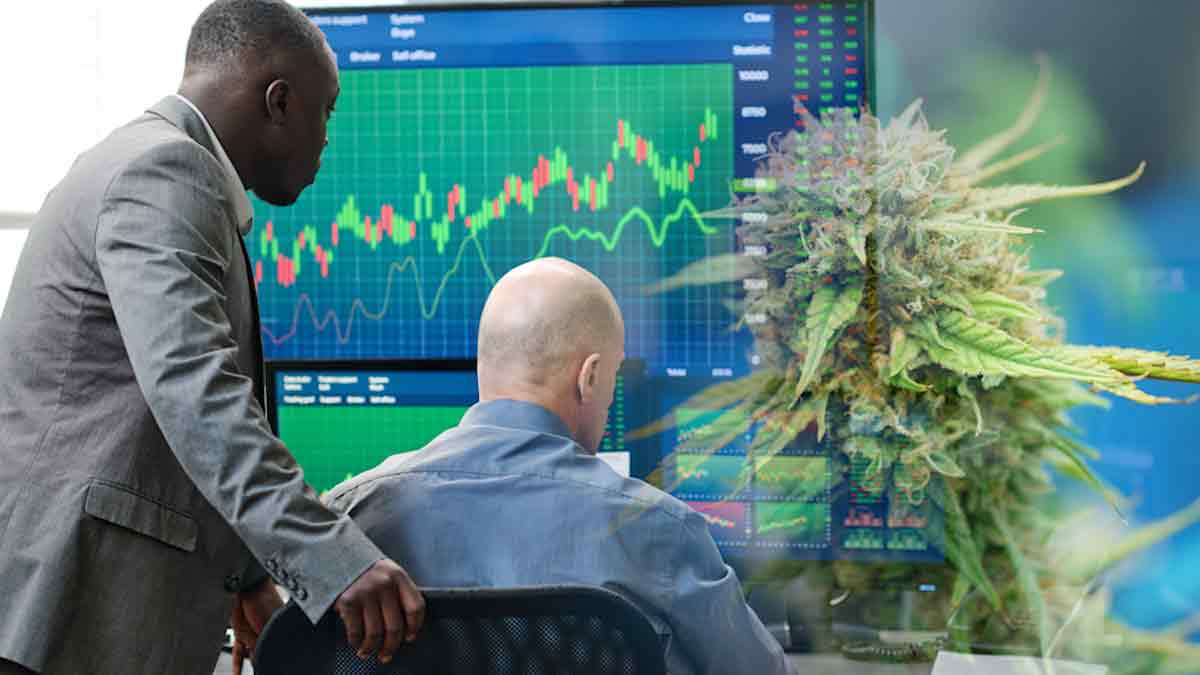Cannabidiol otherwise known as CBD is a compound found in marijuana. Though there are dozens of cannabinoids, which are the chemical properties found in marijuana products that create the effects linked with cannabis consumption, CBD is one of the most plentiful. It’s second only to THC.
On December 15 the DEA concluded their decision to add CBD oil to the Schedule 1 drug list, which means it must meet certain standards.
The federal government named marijuana a Schedule I drug in 1970 primarily for the psychoactive effects of THC. Prior to December, CBD remained in a regulatory gray area.
A Schedule I drug must meet three criteria to be included on the list:
1.The drug or substance has a high potential for abuse.
2.The drug or substance has no currently accepted medical use in the United States.
3.There is a lack of accepted safety standards for use of the drug or other substance under medical supervision.
The CBD classification was made despite recent investigative studies that has preliminarily shown CBD to have anti-inflammatory, analgesic as well as anti-anxiety properties without the psychoactive effects of THC.
Most of the investigative research is still in its beginning stages and opponents of the reclassification complain that CBD fails to meet the Schedule I criteria based on the initial discoveries.
Although CBD is a cannabis component, the CBD-specific industry is a little different from the larger cannabis industry.
“We do have THC-CBD products, but in the recreational industry we are not allowed to sell anything that doesn’t also have THC in it,” said Amanda Woods, Compliance Officer and Marketing Manager for Choice Organics. “So, a lot of the CBD products free-floating throughout the market were derived from hemp, which does not have the same regulations that cannabis does.”
Hemp is most commonly defined as a legal cannabis product derived from the plant’s stem. Hemp has been used for many different purposes from rope to textile fibers to nutritional supplements to medicinal oils. To be defined as hemp, the product must contain very little THC — less than one percent. For comparison, THC levels in medical cannabis are anywhere between five and 20 percent.
Hemp that contains minimal THC can still contain high amounts of other cannabinoids, like CBD. In Colorado and nationwide, you can walk into a gas station—not even a licensed dispensary— and find CBD products made from hemp. However, these products come from unregulated sources and may pose a public safety hazard.
“[Before December], CBD-only products derived from hemp could be distributed nationwide. You could send CBD in the mail and you could order it on Amazon,” Woods said.
Without the THC, hemp products avoided the strict regulations legal cannabis advocates have fought for.
“On one hand, the [rescheduling] is a step in the right direction in that it forces regulation of this gray market. Like cannabis, it will be up to the State to decide to regulate hemp like cannabis if there is to be an intra-state market. Regulation is good for everyone,” Woods said. “But it is also unfortunate because it was made into a Schedule I drug which only reinforces the federal prohibition on cannabis products… So, there was no real change for the cannabis industry in Colorado, but it has a major impact on the hemp industry.”
MAPH Enterprises, LLC | (305) 414-0128 | 1501 Venera Ave, Coral Gables, FL 33146 | new@marijuanastocks.com










